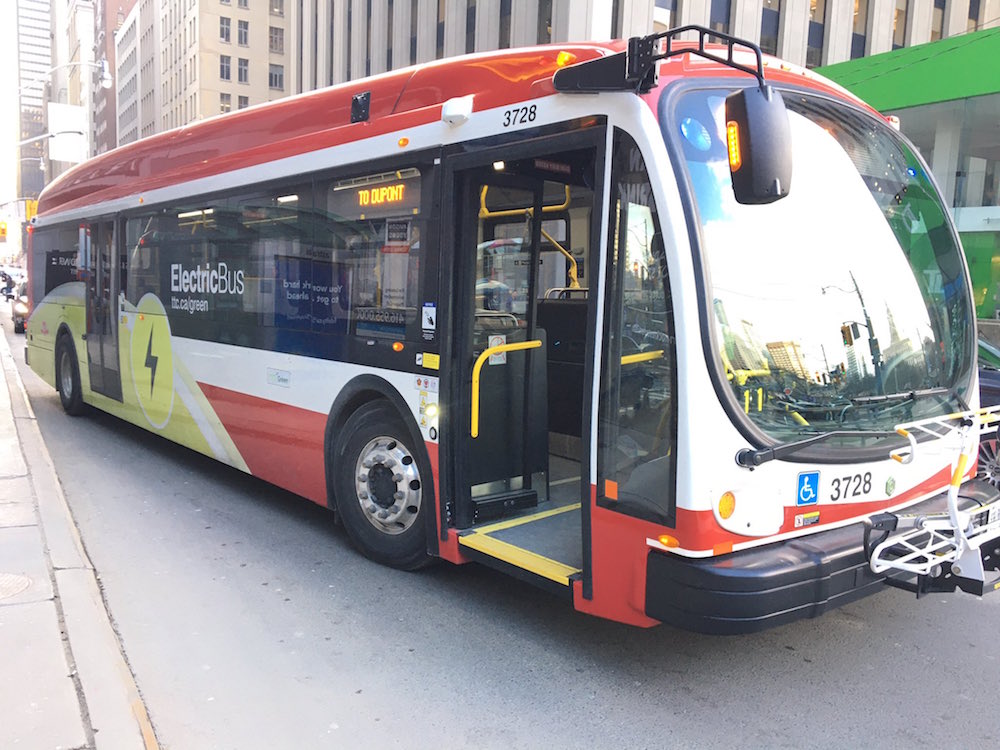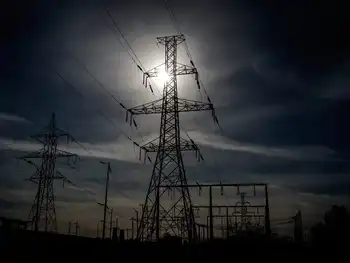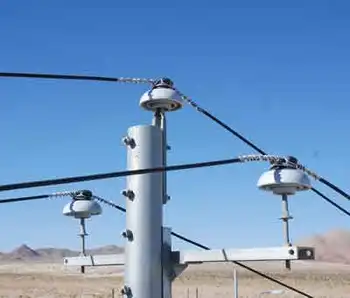Noranda fighting rate increases
By Southeast Missourian
High Voltage Maintenance Training Online
Our customized live online or in‑person group training can be delivered to your staff at your location.

- Live Online
- 12 hours Instructor-led
- Group Training Available
However, a study from the Missouri Office of Public Counsel showed that Noranda pays less than its fair share and that the company's current rates are $26 million too low, according to The St. Louis Post-Dispatch.
Franklin, Tennessee-based Noranda has challenged every rate increase that Ameren Corp. has sought from the state's Public Service Commission. Noranda's chief executive, Kip Smith, now warns that continued hikes threaten the smelter, which consumes as much power as the city of Springfield.
Since becoming an Ameren customer in 2005, the company's electric bill has risen steadily — to $150 million annually. Noranda would pay $15 million more under a proposed rate increase. More hikes may follow, as Ameren faces billions of dollars in costs to clean up coal emissions and possibly build a second nuclear plant.
Business leaders and elected officials in Southeast Missouri say the region would be crippled if it lost the smelter, which generates millions of dollars in wages and revenue. But they say that's unlikely to happen.
"They're the biggest employer in the Bootheel, and they've got a huge investment out there," said Sam L. Hunter III, president of the Bank of New Madrid. "They're not just going to pick up and leave that."
In a presentation to the Missouri Chamber of Commerce in Jefferson City, Smith said the issue of electric increases was a "moment of truth."
Noranda's power bills have always been a key concern because of the volume of electricity required to produce molten aluminum.
While the company pays less for electricity than any other Ameren customer — about 3.8 cents per kilowatt-hour — its rate is third-highest among 10 U.S. aluminum smelters in operation today, according to data it provided to the Public Service Commission.
Noranda pays less than other Ameren customers because it costs less to supply the plant with electricity, though significant debate remains over how much less its rates should be.
Missouri's public counsel, Lewis Mills III, concluded in a study that Noranda's rates are currently $26 million too low — even before the Public Service Commission decides whether Ameren deserves an increase — and that smaller businesses pay too much.
Rep. Jay Barnes, R-Jefferson City, cited the analysis in introducing recent legislation, to require Noranda to rebate millions of dollars to residential electric customers in Missouri if it closed the smelter and left Missouri.
Barnes doesn't mind Noranda paying the lowest rate in the state, but believes consumers should be protected if the company ever leaves.
"They are an important employer in Southeast Missouri," he said. "That's why they're getting this benefit."











